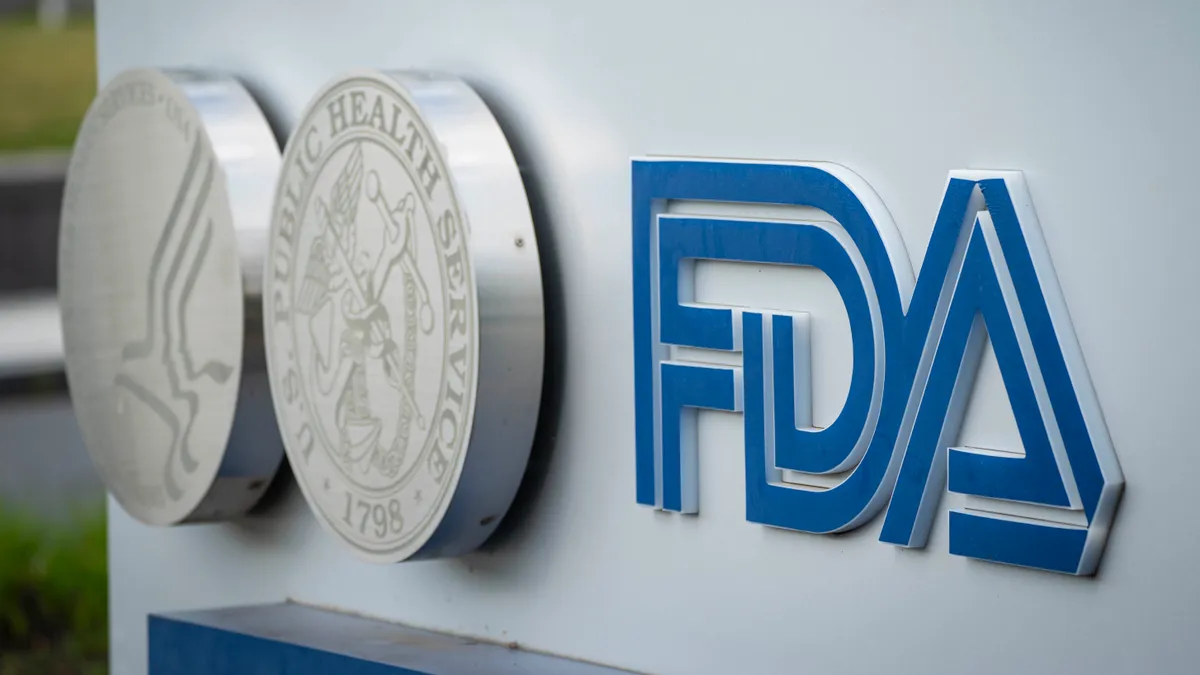Dive Brief:
-
Boston Scientific is recalling all Vici SDS and Vici RDS venous stent systems distributed over a 30-month period in light of 17 complaints about the products.
-
Users complained the devices may move from where they are implanted, creating a need for follow-up procedures and a risk of life-threatening injury. No deaths have been reported but FDA categorized the recall as a Class I event, its most serious designation.
- Boston Scientific acquired the product line in its 2018 takeover of Veniti, before going on to win FDA approval in patients with deep venous blockages the next year.
Dive Insight:
Boston Scientific's pursuit of the venous stent opportunity has suffered a setback. The company is recalling all 31,798 Vici SDS and Vici RDS venous stent systems distributed in the U.S. between Sept. 21, 2018, shortly after it disclosed the Veniti takeover, and April 9, 2021.
Veniti caught the attention of Boston Scientific on the potential to realize an untapped opportunity in the stent market. While there is a long history of surgeons using stents to treat vein obstructions, for most of that time they repurposed devices designed for use in arteries for the procedures. Veniti, along with companies such as Cook Medical and OptiMed, set out to make stents tailored to the size, force and flexibility of the venous system.
Details of the voluntary global recall first emerged in mid-April, when Boston Scientific sent out an urgent field notice. Regulatory agencies in Europe, where Veniti received a CE mark in 2013, released the urgent field safety notice.
The notice states that some stent migrations necessitated endovascular interventions to secure or retrieve the devices. In other, more severe cases, the stent embolized to the heart, leading to surgery to address the problem. The migrations happened despite preliminary investigations suggesting the devices met specifications.
Given the threat posed by the stents, Boston Scientific asked healthcare professionals to stop using the products and prepare them for return. The notice lacks recommendations for what healthcare professionals should do to monitor the health of patients already treated with the stents.
"While the rate of occurrence was extremely low at 0.08%, we took this action to uphold the highest standards of patient safety. We are not recommending that physicians take any additional action if patients are not having any complications or symptoms," Boston Scientific said in an emailed statement.
Boston Scientific has said little about the commercial performance of the Vici products, largely limiting itself to updates on the development and regulatory status of its original and reverse delivery system stents. The company paid $108 million upfront and committed to up to $52 million in near-term regulatory milestones to acquire Veniti.










